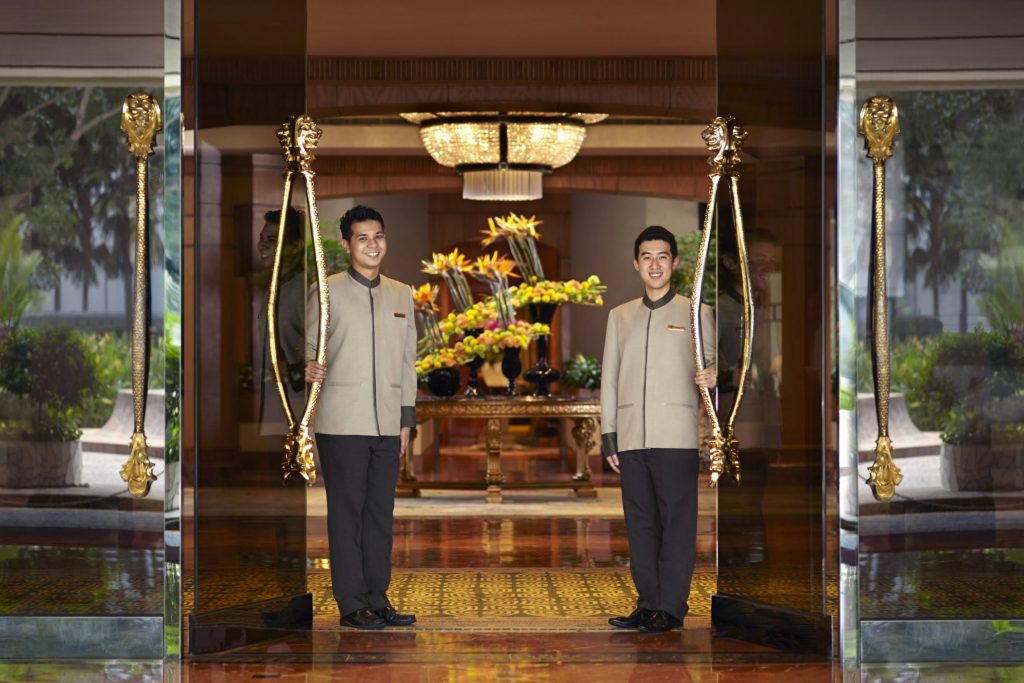How Global Hotel Chains Differ in Approach to Asia-Pacific's Huge Opportunity

Skift Take
Who has the best setup in Asia? No one-size-fits-all approaches there. But as competition increases amid a softer market, expect strategies and structures to evolve.
Thousands of hotel rooms are being built in Asia-Pacific. Thousands more are unbranded. The region continues to be the fastest growing for asset-light global hotel chains hungry for management and franchise revenues.
A well-oiled setup to cover the region is essential as, while opportunities are big, competition is bigger. Owners have more brands to choose from, not just from various chains but within a chain itself. They also have more choices on how their properties can operate, as technology has opened up new distribution, sales and marketing, and operating solutions.
How chains are set up in the region depends on their size and scale. But big or small, the need to be close to the market is gaining importance, as this enables chains to understand owners, partners, and employees better as the region expands.
Moreover, Asia is seeing a younger generation of owners taking over the family business; they have different expectations, and relationship building between them and chains starts all over again.
The problem is that resources are limited to cover a huge region where even neighboring countries, say Singapore and Thailand, are so different in culture and ways to do business.
Given the current mixed results in Asia-Pacific due to Hong Kong protests and the trade war, chains are expected to sharpen their strategy in how they cover Asia-Pacific, as InterContinental Group has done.
Meanwhile, here’s a quick look at how five global chains cover the region.
AccorHotels
AccorHotels has an Asia-Pacific corporate office in Singapore and seven other major regional offices. They include in Sydney, which oversees the Pacific with more than 337 hotels in Australia; Bangkok, which covers Thailand, Cambodia, Japan, Laos, Myanmar, the Philippines, South Korea and Vietnam; Shanghai and Beijing, which oversees China where it has more than 360 hotels; Auckland, for New Zealand, Fiji
